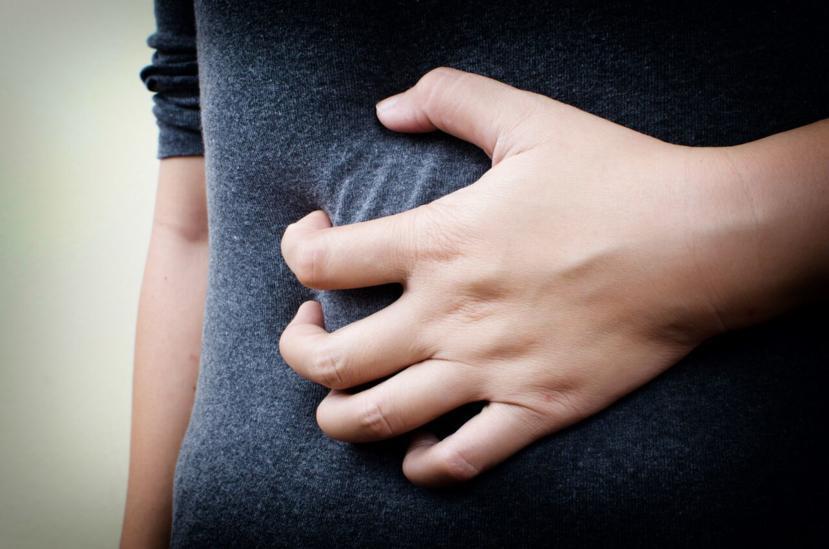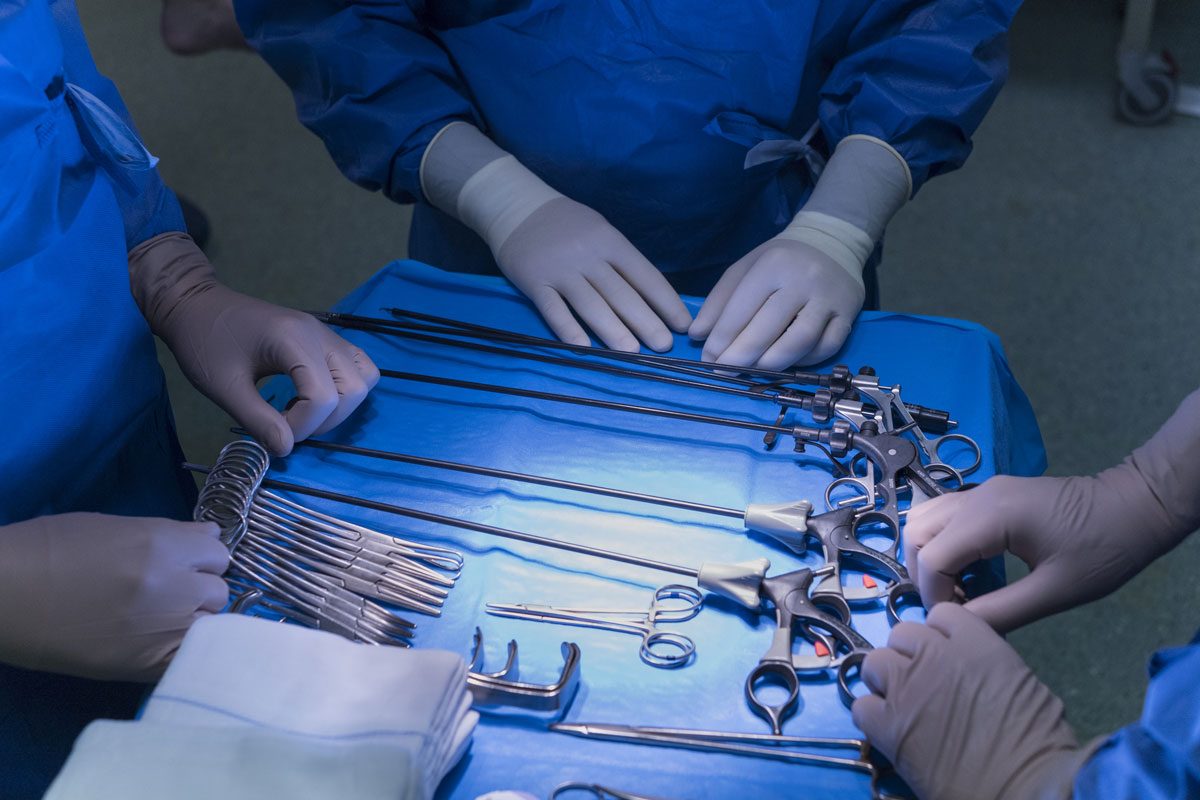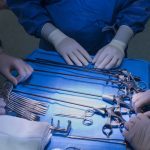The abdomen is home to many organs that work together to absorb and digest the food you eat. The organs act like a well-oiled machine—except for when something causes the machine to break down. You may have a gut feeling that failure is more than just bloating or indigestion, and when you do, seeking proper care is crucial.
It is important to be aware of your symptoms, and how quickly and where they appear, to know whether you should seek immediate medical attention.
The team of skilled general surgeons at International Surgery Rome uses minimally invasive techniques to ensure that when surgery is necessary to cure these common abdominal conditions, patients are treated with the highest quality of care, safety and compassion.
Appendicitis
While the function of the appendix is unknown, the small organ can still cause big problems. Appendicitis is a condition in which your appendix becomes inflamed, swollen and filled with pus, and can rupture if not promptly treated. It causes dull pain near the navel that can progress to severe pain in the lower right abdomen, where the appendix is. The pain is also met with nausea, vomiting and a fever, making it difficult to self-diagnose.
Appendicitis can occur at any age, but it most often affects people between the ages of 10 and 30. It can be caused by an obstruction, such as food waste blocking the appendix, or an infection, and can be diagnosed through a CT scan, ultrasound or a complete blood count. Surgery is required to treat the condition by removing the appendix.
Appendectomies are common procedures that are minimally invasive so patients can get back on their feet in just a couple of days. It is important for individuals to seek emergency care if the pain in their lower right abdomen becomes severe, to help ensure we can diagnose and treat them before the appendix ruptures.
Gallstones
Gallstones are the result of bile that crystallizes in the gallbladder. They tend to occur more often in women, often worsening during pregnancy, and those older than 40. While some gallstones are very small and carry no symptoms, others can cause a “gallbladder attack” that brings nausea and intense pain in the upper-right abdomen, where the gallbladder is, or in the right shoulder or between the shoulder blades. These attacks often happen after eating a fatty meal and frequently occur at night, making it difficult to decipher between a big meal gone bad and something more serious.
An ultrasound can detect gallstones, and depending on the size, amount and recurrence of your gallstones, the doctor may recommend your gallbladder be removed. While the gallbladder does have a purpose, which is to aid in fat digestion and store bile produced by the liver, the body can live without this pear-shaped organ.
When gallstones provide trouble for a patient, removing the gallbladder is a safe and common solution. This minimally invasive surgery, known as a laparoscopic cholecystectomy, eliminates the possibility of future gallstones and ensures the patient won’t have to suffer from the painful stones again.
Hernias
A hernia occurs when part of an internal organ or tissue bulges through a weak area of muscle, especially in the abdomen, when strained through activity such as heavy lifting. They can affect men, women and children and may require surgery to repair the opening in the muscle wall. Individuals can also be born with the muscle weakness that causes hernias, but more often, they happen later in a person’s life.
Sometimes a hernia can be a painless lump, but other times it can be tender, swollen and painful. If you think you have discovered a hernia and you are not in pain, you should schedule an appointment to see your physician and discuss your concerns. When the hernia causes severe pain, surgery may be needed to repair the muscle wall, and you should receive immediate care.
















